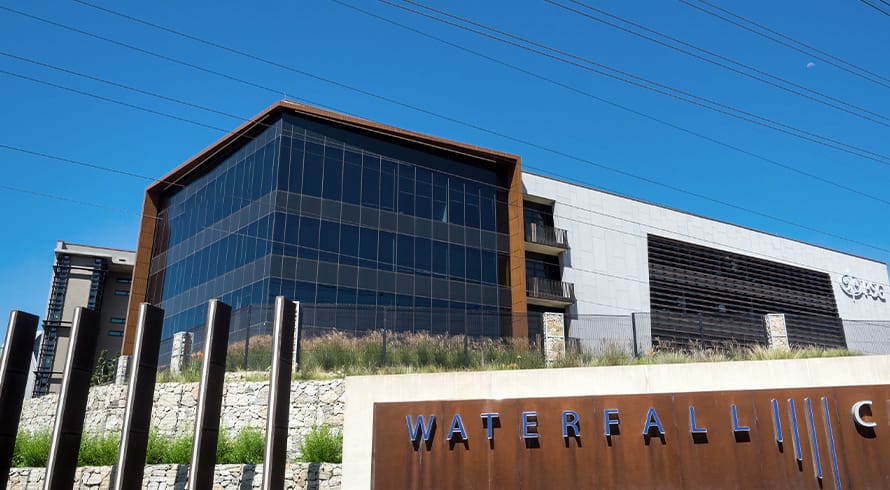Approval of special resolution by court - Condonation for non-compliance with 10 day cut-off period
In particular, section 115(3)(b) of the Act provides that despite the adoption of the requisite special resolution for a fundamental transaction, a company may not proceed to implement the transaction without the approval of a court if the court, on an application within 10 business days after the vote by any person who voted against the resolution, grants that person leave, in terms of section 115(6), to apply to a court for a review of the transaction. The court may grant leave in terms of section 115(6) only if it is satisfied that the applicant is acting in good faith, appears prepared and able to sustain the proceedings and has alleged facts which, if proved, would support an order to set aside the resolution.
In the recent case of Marble Head Investments (Pty) Ltd and Others v Niveus Investments and Another [2020] ZAWCHC 36 (28 April 2020), the High Court considered whether failure to comply with the 10 day cut-off period in section 115(3)(b) of the Act, may be condoned. In this matter, Marble Head Investments (Pty) Ltd, Nport Investment Holdings (Pty) Ltd and Estelle Wasserfall (Beneficial Shareholders) made application in terms of section 115(3)(b) and section 115(6) for leave to apply to court for a review of resolutions passed by the shareholders of Niveus Investments Ltd (Niveus), including a special resolution approving a scheme of arrangement.
It was common cause that the Beneficial Shareholders were all beneficial owners of their shares in Niveus and that the registered shareholders were their nominees, namely Ferbros Nominees (Pty) Ltd and Standard Bank Nominees (RF) (Pty) Ltd (Nominee Shareholders). When the applicable resolutions were put to the shareholders of Niveus, it was accordingly the Nominee Shareholders who voted against the resolutions. Given that the Beneficial Shareholders were not the persons who “voted against” the resolutions, it became apparent that the Beneficial Shareholders did not qualify to bring the application. Subsequently, the Nominee Shareholders brought applications to intervene and, to the extent necessary, sought condonation for their non-compliance with the time period provided for in section 115(3)(b) of the Act.
The respondents argued that the court did not have the power to condone non-compliance with the time period in section 115(3)(b) of the Act, and that no proper case had been made out for condonation. Sievers AJ disagreed and, citing Toyota South Africa Motors (Pty) Ltd v Commissioner, SARS 2002 (4) SA 281 (SCA) and Samancor Group Pension Fund v Samancor Chrome 2010 (4) SA 540 (SCA), found that the High Court, because of its inherent jurisdiction, has powers to govern its own procedures and that the said jurisdiction pertains not only to non-compliance with the Rules of the Court but also to statutory time limits.
The court further found that:
‘[i]n the present matter a condonation power would not require any engineering to be effected to other parts of section 115 and thus the exclusion of a power to condone need not be implied into the subsection by way of necessary construction. To do so would preclude a person from pursuing a remedy before a court. To imply such an inclusion would be to adopt an approach contrary to that prescribed in section 5(1) of the Act, which requires the Act to be interpreted and applied in a manner which gives effect to the purposes set out in section 7’.
In considering whether a basis for condonation had been established, the court stated that an applicant is required to sufficiently explain the reason for the delay, satisfy the court that its action is not ill-founded and that the granting of the indulgence sought does not prejudice the other parties in a way that cannot be compensated for by a suitable order as to postponement and costs. The court was satisfied that such grounds existed and that the requirements of section 115(6) of the Act had been met. As such, the court granted the Nominee Shareholders leave in terms of section 115(3)(b) and section 115(6) to apply to court for a review of the special resolution approving the scheme of arrangement in respect of Niveus.
The finding that non-compliance with the time period in section 115(3)(b) of the Act may be condoned, presents a risk in the implementation of fundamental transactions. There is now less certainty that minority shareholders will not approach the court for a review of a transaction after the permitted time period. Even if a cautious company were to postpone the implementation of a fundamental transaction until the expiry of the prescribed 10 business day period, it is now conceivable that minority shareholders may approach the court for relief after the fundamental transaction has already been implemented. Nevertheless, transacting parties can take comfort from the fact that the courts will only grant condonation in exceptional circumstances (such as those that were present in Marble Head Investments).
The information and material published on this website is provided for general purposes only and does not constitute legal advice. We make every effort to ensure that the content is updated regularly and to offer the most current and accurate information. Please consult one of our lawyers on any specific legal problem or matter. We accept no responsibility for any loss or damage, whether direct or consequential, which may arise from reliance on the information contained in these pages. Please refer to our full terms and conditions. Copyright © 2026 Cliffe Dekker Hofmeyr. All rights reserved. For permission to reproduce an article or publication, please contact us cliffedekkerhofmeyr@cdhlegal.com.
Subscribe
We support our clients’ strategic and operational needs by offering innovative, integrated and high quality thought leadership. To stay up to date on the latest legal developments that may potentially impact your business, subscribe to our alerts, seminar and webinar invitations.
Subscribe



